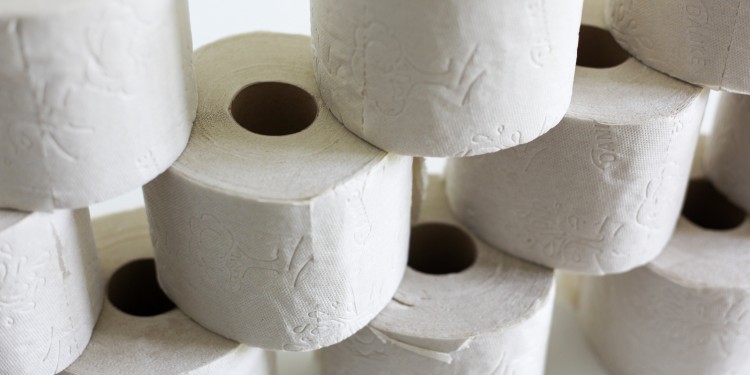
The psychology behind toilet paper hoarding
Following the rapid spread of COVID-19 in Europe and North America in March 2020, many people around the world began hoarding goods such as toilet paper. Some companies reported an increase in toilet paper sales of up to 700 percent, despite calls from governments to refrain from "panic buying". Which groups of people primarily hoarded all the toilet paper? Psychologists from the universities of St. Gallen and Münster and the Max Planck Institute for Evolutionary Anthropology in Leipzig investigated this question. In an online study, they interviewed 1,029 adults from 35 countries at the end of March who they had recruited via social media. The main result: People who feel more threatened by COVID-19 and whose personality is characterized by a particularly high degree of emotionality and conscientiousness were more likely to stock up on toilet paper than people who do not have these characteristics. The study was published in the scientific journal "Plos One".
In an online questionnaire in German and English, the scientists investigated to what extent the personal feeling of being threatened by the corona virus can explain whether people buy more toilet paper than they would normally do. At the same time, they looked at which personality factors could explain this. According to the results, the more critically they looked at their general health or work situation, the more people seemed to buy toilet paper. People who are very self-disciplined and orderly and plan well in advance also bought a lot of toilet paper during the critical phase of the corona crisis. People who tend to be particularly emotional also reacted with increased toilet paper consumption.
In addition, the researchers observed that older people hoard more toilet paper than younger people and Americans hoard more than Europeans. However, the researchers concede that their findings probably explain only 12 percent of the change in toilet paper purchasing behaviour and that some psychological explanations and situational factors were probably not taken into account. " Subjective threat of COVID-19 seems to be an important trigger for toilet paper stockpiling. However, we are still far away from understanding this phenomenon comprehensively," says Richard Rau.
